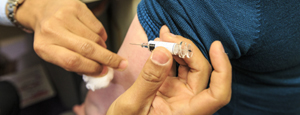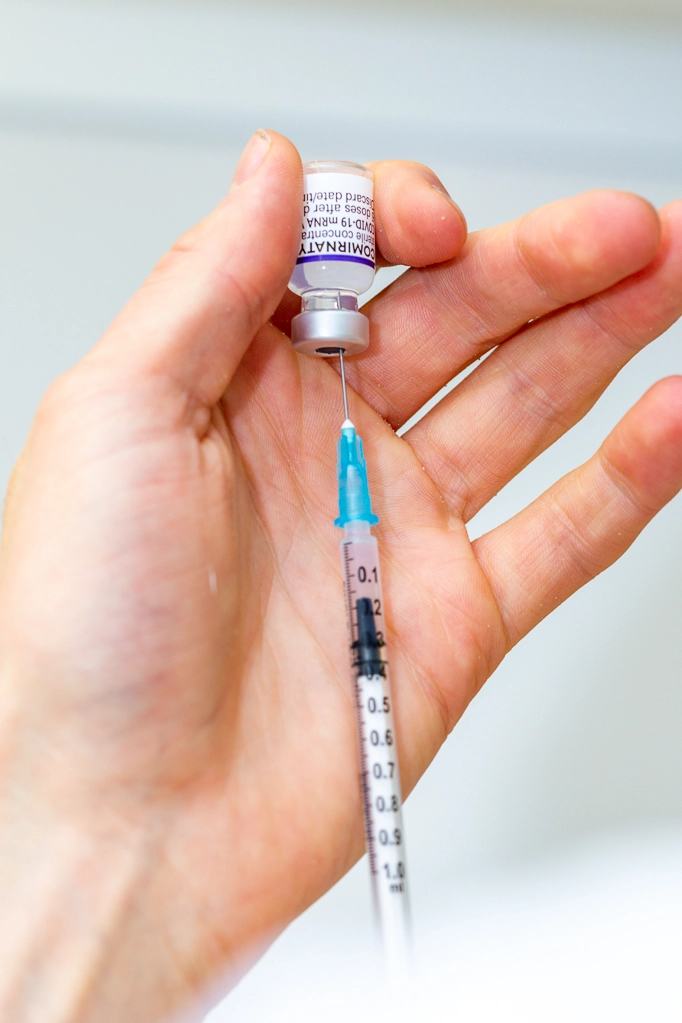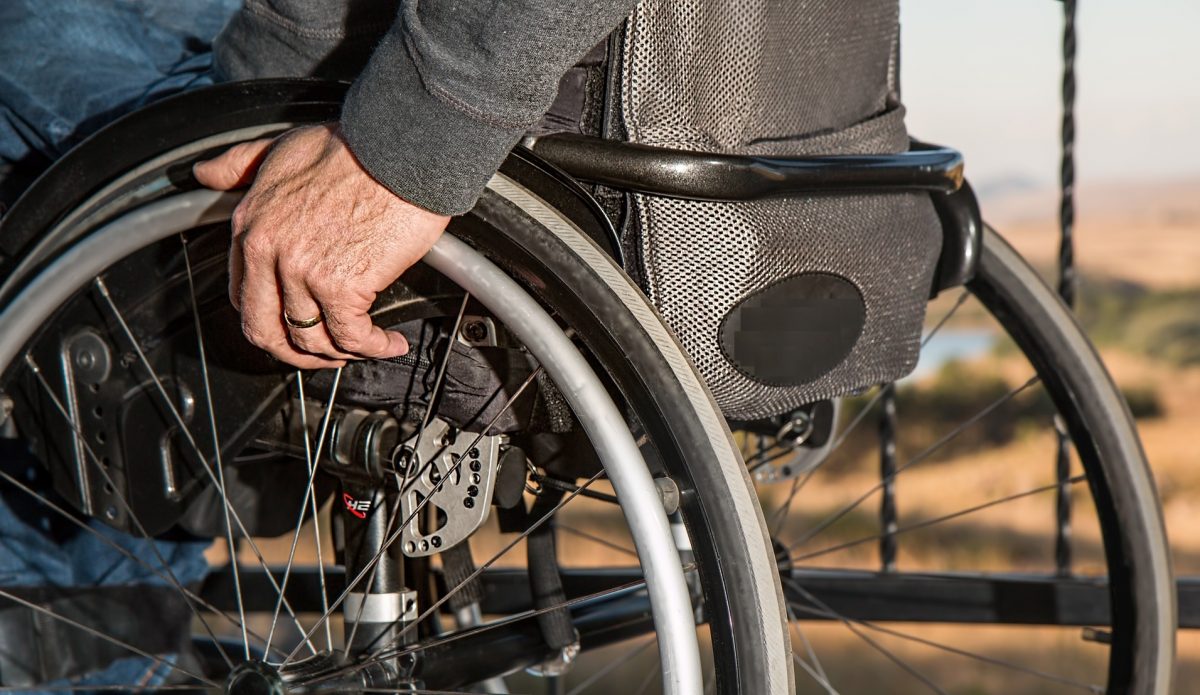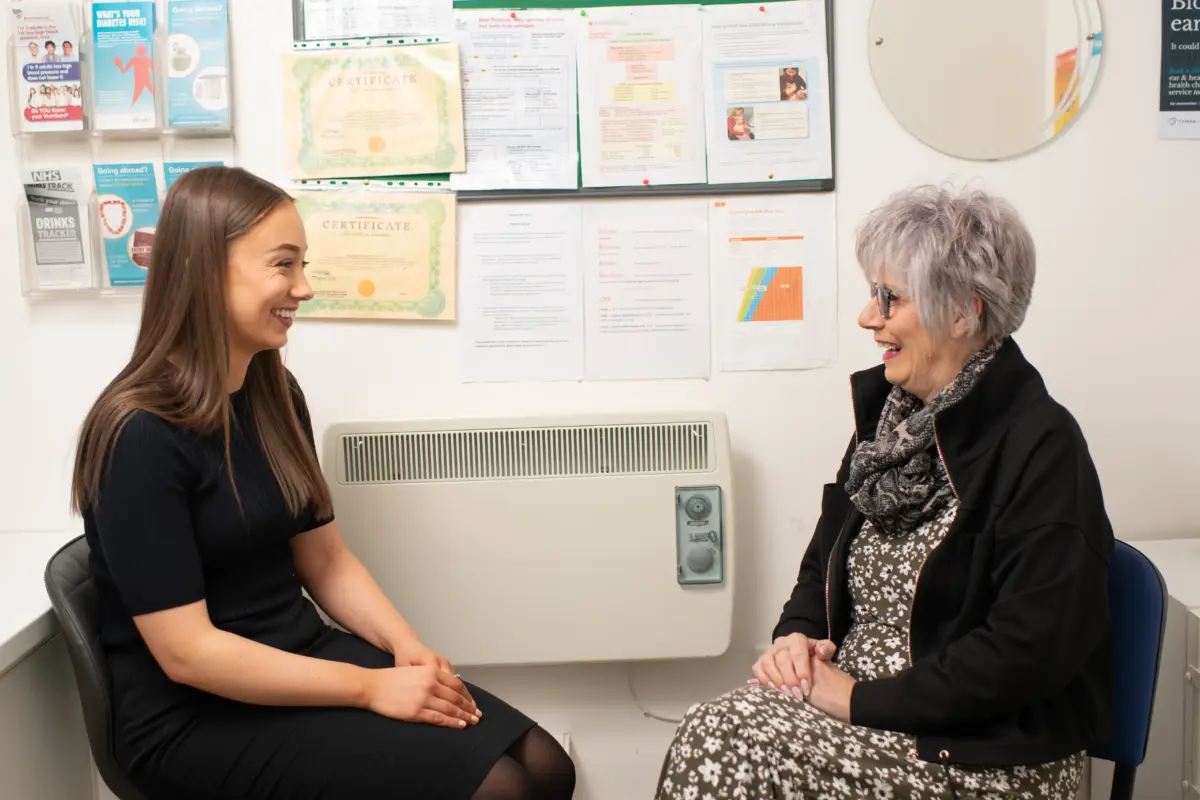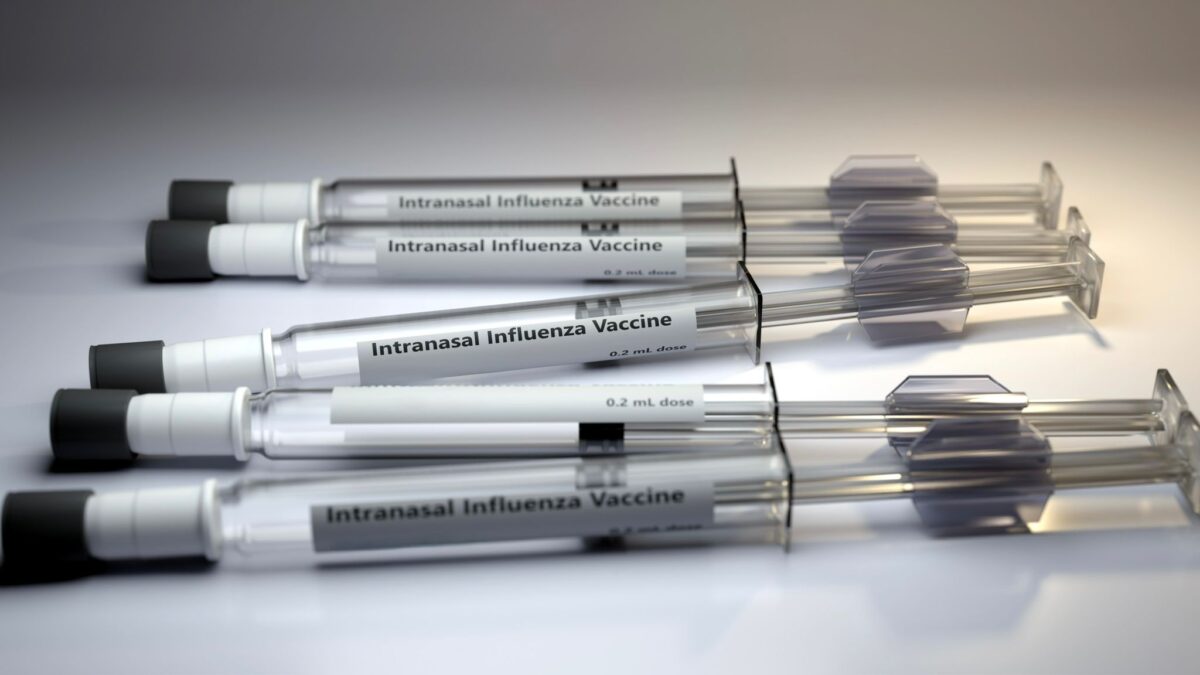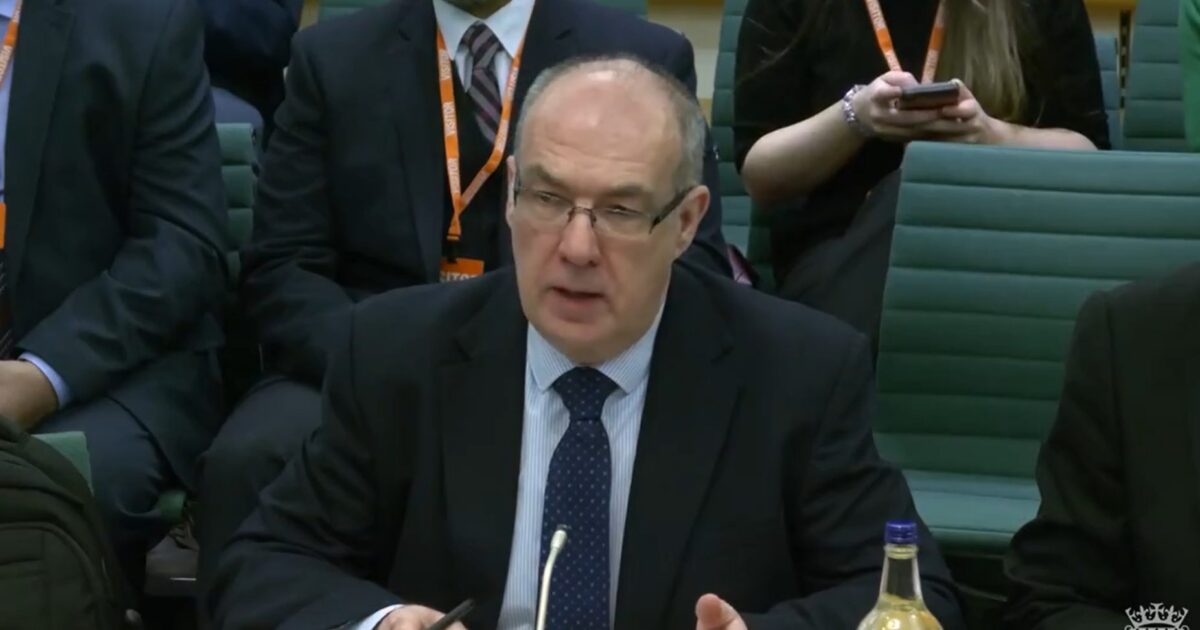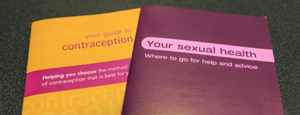Dispensing appliances
Published on: 10th July 2013 | Updated on: 12th December 2024
Pharmacists may regularly dispense appliances in the course of their business, or they may dispense such prescriptions infrequently, or they may have taken a decision not to dispense them at all. Whilst the Terms of Service requires a pharmacist to dispense any (non-Part XVIIIA listed) medicine “with reasonable promptness”, for appliances the obligation to dispense arises only if the pharmacist supplies such products “in the normal course of business”.
Read more about the Terms of Service of NHS pharmacists
All pharmacy owners choosing to dispense appliances in the normal course of their business are required to comply with the following Essential Services requirements:
Click on a heading below for more information
There is an obligation when dispensing prescriptions or repeatable prescriptions for appliances, that the patient should be appropriately advised on the importance of only requesting items they actually need. This is similar to the requirement when dispensing repeat dispensing prescriptions for medicines – but note that for appliances, the obligation exists for both repeatable and standard prescriptions.
The pharmacy owner is also required to consider information in the Patient Medication Record such as the prescribing patterns for the patient and use this to inform the advice provided to the patient about the ordering and use of appliances and the importance of minimising waste. The intention is to ensure that stock-piling of appliances is avoided, and that the appliance is used correctly (for example, discarded at suitable intervals, rather than disposed of too frequently).
When a pharmacist is asked to dispense a batch issue for a medicine, they must establish before dispensing it, that the patient’s medication regimen has not altered in any way which indicates that there should be a review of the patient’s treatment. Similarly when asked to dispense a batch issue for an appliance, the pharmacist should establish whether the ‘manner of utilisation’ has changed, such that a review is appropriate. This is a positive obligation, and must be carried out on every occasion that a batch issue for an appliance is dispensed.
When dispensing an appliance, the patient should be provided with a written note of the pharmacy name, address and telephone number. As records of all prescriptions dispensed should be entered onto the Patient Medication Record, this information may be provided on a dispensing label if dispensing labels have all the detail required. If a dispensing label containing the name, address and telephone number of the pharmacy is not used, then some other written note should be provided – a patient leaflet, a dispensing bag printed with that information, or a complements slip would all be satisfactory alternatives.
If any prescription for an appliance is presented for dispensing and the pharmacist is unable to provide the appliance, then subject to the consent of the patient, the pharmacist can refer the prescription to another provider for dispensing. If the patient does not consent to the prescription being referred to another provider, the pharmacist must give the patient the contact details of two providers of appliances, if the pharmacist is aware of the contact details. This information may be made available by the local NHS contract management team.
If a pharmacy normally provides appliances in the course of its business, and is presented with a prescription for a ‘specified appliance’, the pharmacist must offer to deliver the specified appliance to the patient’s home.
‘Specified appliances’ are:
a) Any of the following appliances listed in Part IXA of the Drug Tariff:
- A catheter appliance (including a catheter accessory and maintenance solution);
- A laryngectomy or tracheostomy appliance;
- An anal irrigation system;
- A vacuum pump or constrictor ring for erectile dysfunction; or
- A wound drainage pouch;
(b) An incontinence appliance listed in Part IXB of the Drug Tariff; or
(c) A stoma appliance listed in Part IXC of the Drug Tariff.
If the patient accepts the offer of home delivery, this must be made with reasonable promptness and at a time agreed with the patient. When delivering such appliances, the packaging used for the appliance must not have any markings which could indicate the contents, and the method of delivery must not convey the type of appliance being delivered.
The offer of home delivery need not be made pro-actively on each occasion a prescription is presented. The pharmacy can use additional methods to ensure that patients know that the free service is available, for example, by including this in leaflets. Home delivery could be made by the pharmacy staff, Royal Mail or another carrier could be used.
If a pharmacy normally provides appliances in the course of its business and is presented with a prescription for a ‘specified appliance’, the pharmacist must provide a reasonable supply of appropriate supplementary items (disposable wipes and disposal bags). The appliances with which supplementary items should be provided are indicated in the Drug Tariff.
If a pharmacy normally provides appliances in the course of its business, and is presented with a prescription for a ‘specified appliance’, the pharmacist must ensure that the patient can consult a person to obtain expert clinical advice about the appliance or, where the pharmacist believes it appropriate to do so, to refer the patient to the prescriber or to offer the patient an Appliance Use Review (AUR). Where expert clinical advice is given, this must be provided by a person who is suitably trained and who has relevant experience in respect of the appliance. This might be the pharmacist, or it could be an appropriately trained nurse or other person with suitable experience. The pharmacy owner may be asked to confirm to the local NHS contract management team during a monitoring visit, how patients will be provided with expert clinical advice.
Where the pharmacist discharges the obligation to ensure that there is access to expert clinical advice by providing a telephone care line, then this must be available at all times, including during the out of hours period, (i.e. the time outside the core contractual or supplementary hours of the pharmacy) or the telephone number or the website address of providers of NHS services that may be consulted for advice regarding specified appliances during those periods should be made available through the telephone care line.
Where an AUR is required, but the pharmacist is not able to provide the AUR service, the patient must be given the contact details of at least two pharmacies or suppliers of appliances who are able to arrange for the service to be provided, if contact details are known to the pharmacist. The local NHS contract management team may provide these details or it may be established by the pharmacist.
Records must be kept of any advice given to patients or referrals made. Form APPL07 can be used to record advice given and referrals.
A prescriber may request an emergency supply of a medicine or an appliance, provided that he undertakes to furnish a prescription within 72 hours.
| Service | Fee Level |
| Home delivery | Other than for catheter kits and intermittent self-catheters (ISC), a fee of £3.40 will be paid for each of the qualifying items which are dispensed. A fee of £9.30 will be paid for each catheter kit or ISC dispensed. The fee is paid per qualifying item dispensed, regardless of whether the patient has requested collection from the pharmacy or home delivery. Qualifying items for home delivery are items in Part IXB and IXC of the Drug Tariff and the following products in Part IXA of the Tariff: catheter, laryngectomy and tracheostomy, catheter accessories, catheter maintenance solutions, anal irrigation system, vacuum pumps and constrictor rings for erectile dysfunction, and wound drainage pouches. |
| Dispensing of appliances measured and fitted | £2.60 per item (Based on the endorsement of measured and fitted (MF); this includes belts and girdles). |
The Terms of Service prohibit a pharmacy owner from receiving any gift or reward in respect of only providing contact details of other providers of appliances, or for only referring prescriptions to a provider. This is because the signposting to other providers and referral are requirements under the Terms of Service so the NHS already funds these activities.
Some pharmacy owners have commercial relationships with appliance providers so that where they themselves are not able to provide appliances (or cannot provide the Advanced Services, AUR or SAC), they refer patients on to a third party. If the pharmacy owner does nothing more than forwarding the prescription, the prohibition on inducements prevents the receipt of referral fees. However, if the pharmacy owner undertakes any other activity in relation to the transaction, for example, contacts the provider for stock availability information so that the patient can be informed of expected delivery date; liaises with the provider over the delivery preferences of the patient; collects the prescription charge or carries out the checking of exemption claims; or provides for example, the supplementary items, then the receipt of an agency fee associated with those activities would not be prohibited.
Q. How would a pharmacy owner based in England be reimbursed for submitting a prescription for a Part IX item to NHS Prescription Services in England for a patient registered and residing in Wales?
NHS Prescription Services has confirmed that this prescription would be reimbursed in accordance with the English regulations.
Q. Am I able to participate in an Appliances Agency Scheme?
If the agreement between the pharmacy owner and the Dispensing Appliance Contractor (DAC) only consists of forwarding on the prescription, then this would be allowed under the regulations, but the pharmacy would be prohibited from receiving referral fees for this activity.
If, however, the pharmacy undertakes any other activity in relation to the transaction, for example, contacts the provider for stock availability information so that the patient can be informed of expected delivery date; liaises with the provider over the delivery preferences of the patient; collects the prescription charge or carries out the checking of exemption claims; or provides for example, the supplementary items, then the receipt of an agency fee associated with those activities would not be prohibited.
Q. I do not dispense the specified appliances, do I need to comply with the Terms of Service related to supplying appliances?
The requirements apply to all pharmacy owners; the Essential Service requirements that all pharmacy owners need to comply with are related to minimising waste, repeat dispensing or eRD, identification of the pharmacy when dispensing any appliance and signposting.
The requirements for home delivery, provision of supplementary items and provision of expert clinical advice only apply when supplying the specified appliances.
For more information on this topic please email services.team@cpe.org.uk



